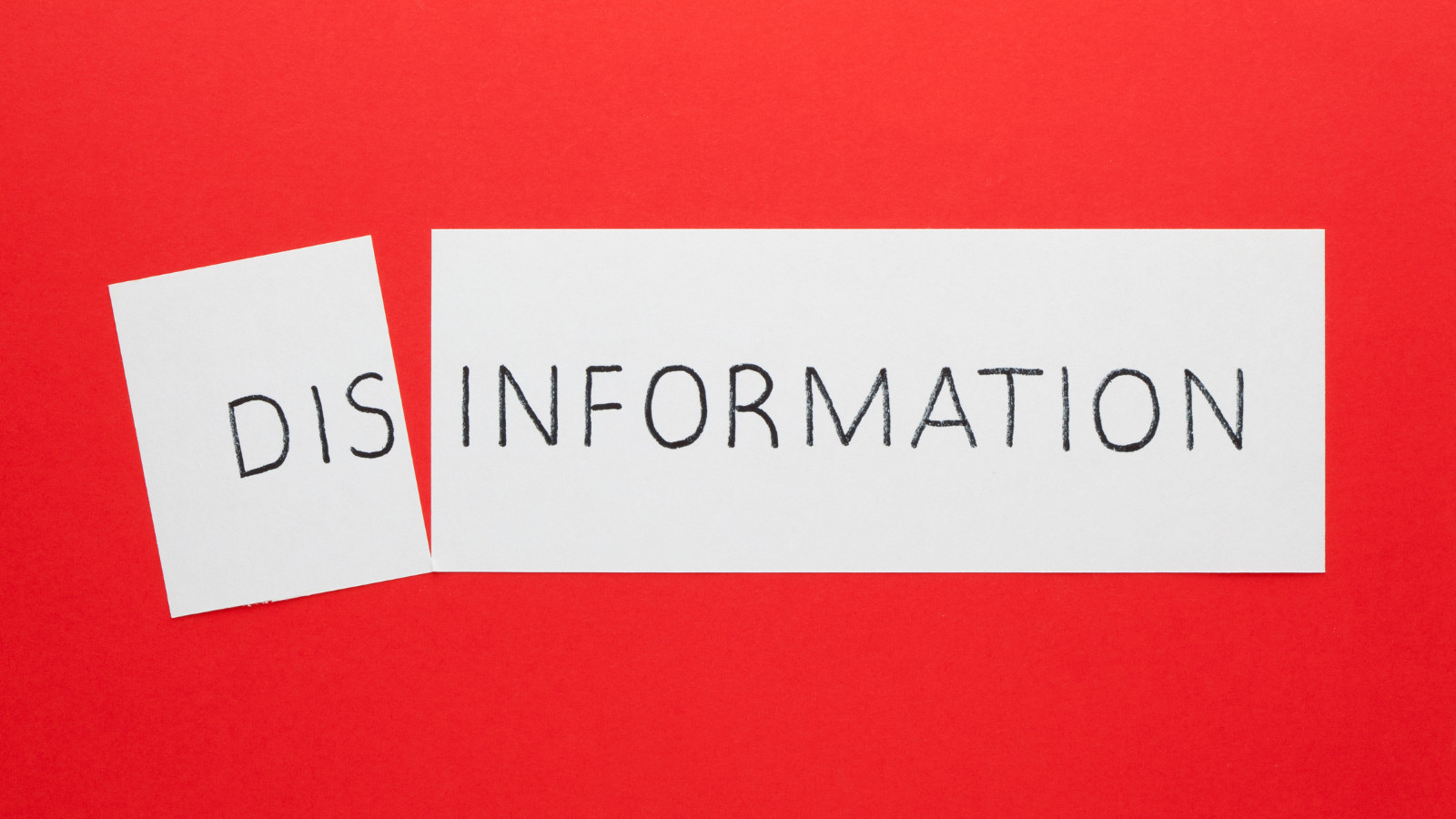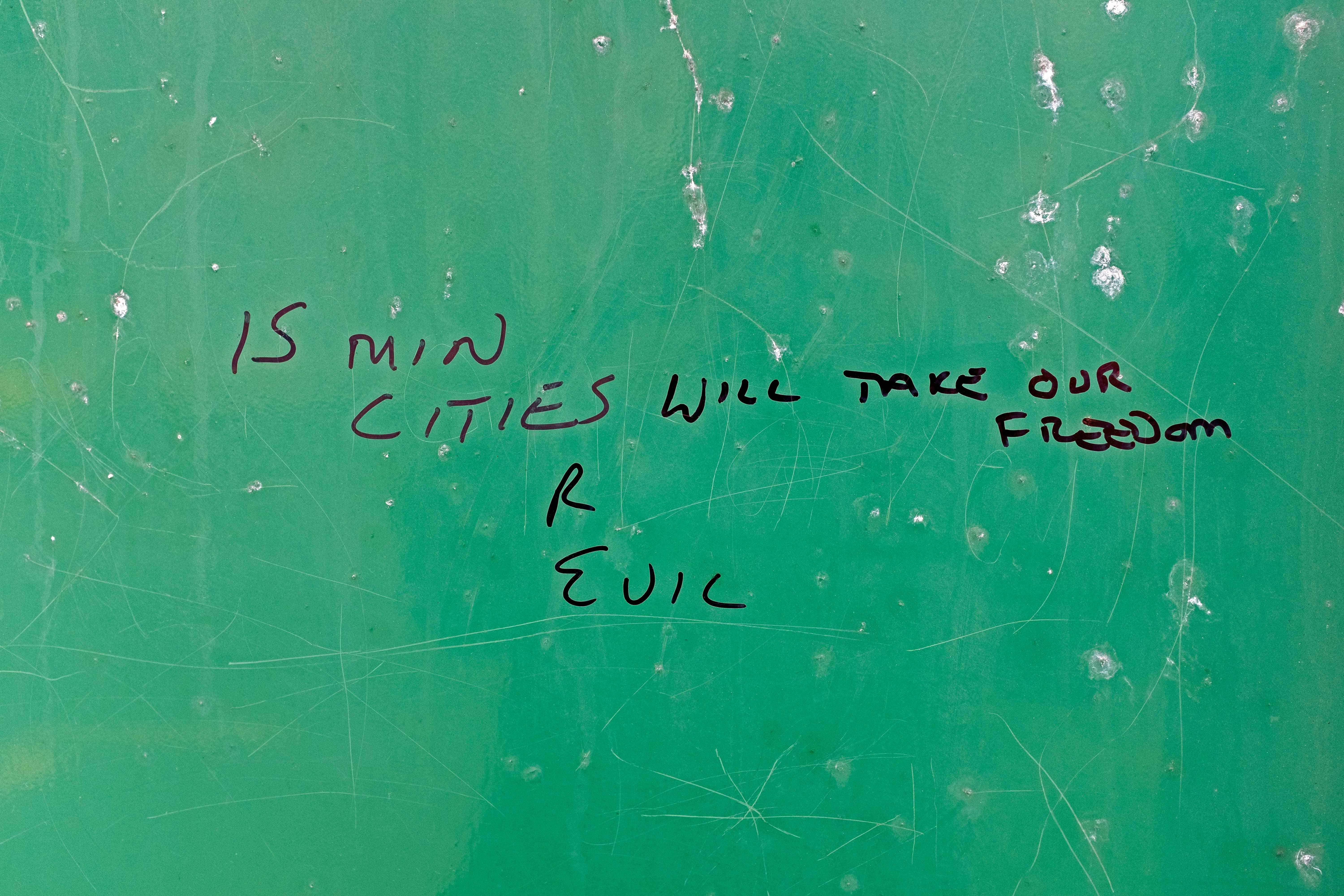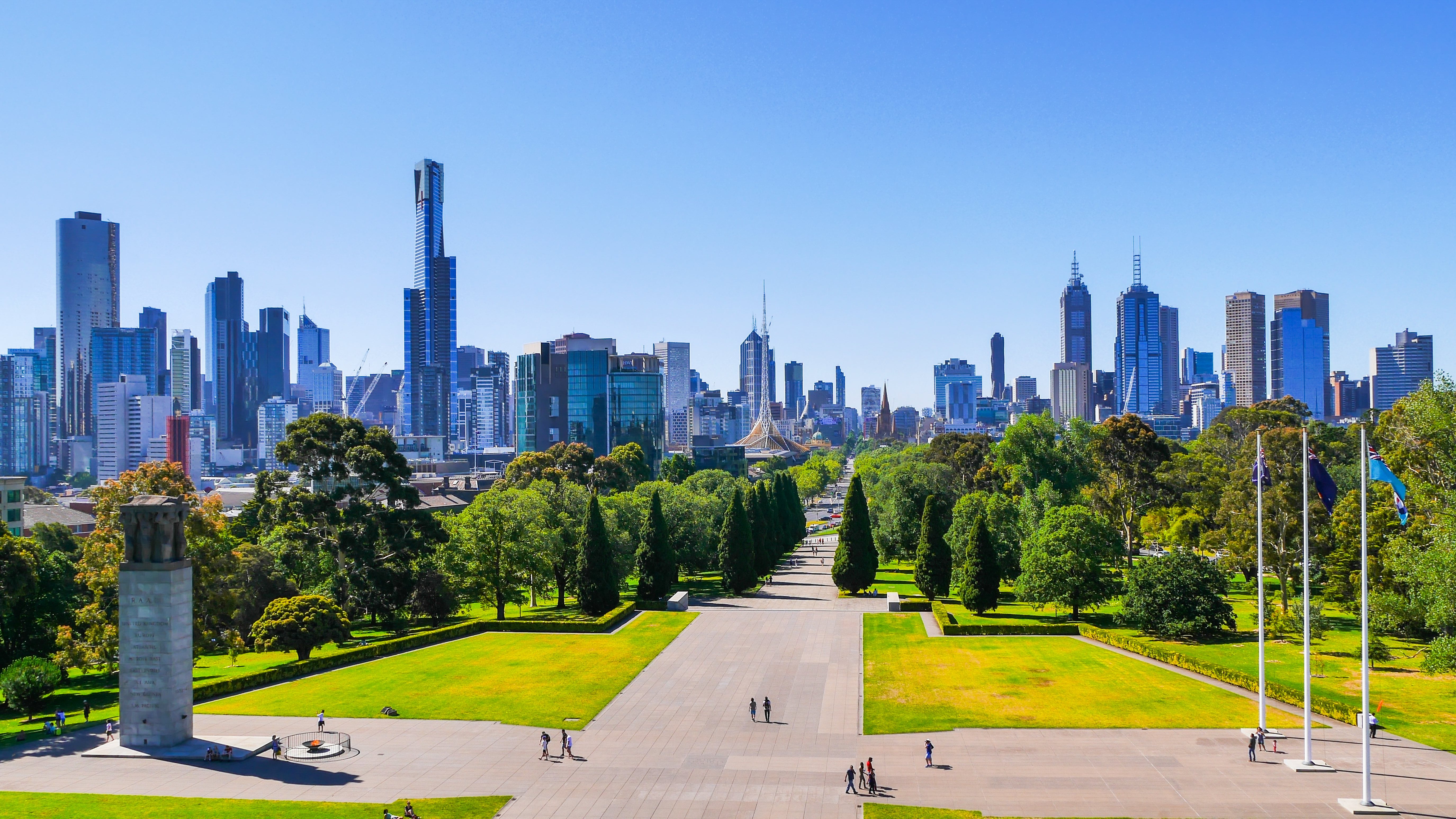
Politics & Society
Fake news in the age of COVID-19

Disinformation is a modern reality. It sows distrust and division in communities, but it’s also affecting our cities’ ability to function
Published 5 September 2023
At the moment in Australia, it can feel like hardly a week goes by without reports of yet another disinformation campaign trying to influence public debates.
Currently, much of it concerns Australia’s upcoming Referendum for an Aboriginal Voice to Parliament.

Most recently, false claims about the alleged length of the Uluru Statement circulated on and offline, which were described by supporters of the Voice as a factually incorrect “conspiracy theory”.
Various politicians and political commentators repeated the claims that the Uluru Statement from the Heart is a 26-page document – despite the fact that the single-page signed document has been available online for seven years.
And it’s not the first, or the last, time we’re likely to see an example like this.

Politics & Society
Fake news in the age of COVID-19
Misinformation – that is, the spreading of false information without the intent to deceive – and it’s more malicious partner, disinformation – or knowingly spreading false information designed to deliberately mislead and influence public opinion – have rapidly become mainstays in modern public discourse.
But how is the spread of misinformation impacting our society, and the capacity of those charged with governing it at the most local, connected level – cities?
The distribution of disinformation and misinformation are nothing new in cities around the world, with a long history of inaccurate information.
But disinformation is not just untruths or differences of opinion, it’s a deliberate effort to spread falsehoods to meet a desired outcome, in other words, to intentionally mislead.

It’s a tool that has been used throughout history, often to the detriment of society, from antisemitic campaigns to various 9/11 conspiracies and, more recently, bad information spread about COVID vaccines.
Many of us have watched the rapid expansion of disinformation, both online and offline, in recent years – and, in many cases, how this manifested in the physical world.
We’ve seen riots in Brazil and public protests in Melbourne, and a whole sequence of false claims leading to the insurrection at the US Capitol in early 2021.

Politics & Society
Our government must trust the experts
Even in our own personal circles, some of us may have had conversations we’d never have imagined with people we know – whether they’re followers of conspiracy groups or have simply bought into a beguiling narrative targeting migration, gender diversity or even urban planning.
Over the past decade, disinformation has exploded in both prevalence and impact which has led to many attempts to combat it.
There’s the genesis of a new scholarly field in 2016 of Critical Disinformation Studies. In Australia, the Electoral Commission has established a Disinformation Register, the government is readying new laws to empower regulators to combat online disinformation, and the country’s national broadcaster, the ABC, has established their Fact Check collaboration with RMIT university.
And yet the spread of disinformation continues and does not look like slowing down.

When it comes to where some 86 per cent of Australians live – in cities – the people responsible for our urban governance – both elected representatives and city officials – are also increasingly faced with the consequences of concerted disinformation campaigns.
Disinformation campaigns in this context have very real consequences. They erode a city’s capacity to address urgent collective challenges – whether it’s tackling climate change, strengthening public health or promoting community cohesion to name only a few.
Let’s take a look at the case of the 15 Minute Cities.

Environment
A Big Build or a big bet?
This was a seemingly innocuous and uncontroversial planning framework designed to allow residents to access their basic services – everything from workplaces, shops, parks, schools and healthcare – within a 15-minute walk or cycle of their homes.
This fairly simple idea to reduce traffic and emissions led to protests around the world – and even escalated into death threats to council staff in the UK and accusations of urban dystopia in the style of the Hunger Games.
Similarly, the United Nations’ 23-year-old, non-binding Agenda 21 resolution on sustainable development has become a flashpoint for some who perceive it as “linchpin in a plot to subjugate humanity”. In fact, some groups in the US have even successfully lobbied for the introduction of anti-Agenda 21 legislation across the US.
But disinformation is not limited to sustainability and climate action. It can seemingly target any issue of public significance with prominent disinformation campaigns on COVID-19 vaccines, migration and religious diversity among many other examples.
And its impact can be far-reaching – both locally and internationally.

City councils are experiencing this in direct and indirect ways. Groups have stormed council chambers and threatened staff and elected representatives, physical barriers have had to be erected, and chambers closed to public in-person meetings. Anecdotally, council reports have been delayed or shelved, and critical community work has suffered.
It is impacting governance, individuals, organisations and communities. Disinformation sows distrust and division in communities, and cities are the level of government closest and most accessible to the community.
City leaders – and indeed staff at all levels – are navigating unprecedented territory in responding. Leading into local government elections next year in Victoria and New South Wales, disinformation looks as though it may play a more significant role than ever before, and many in the sector are bracing themselves.

Health & Medicine
Australian cities failing on walkability
Our team at the Melbourne Centre for Cities recently launched a campaign to co-produce a playbook with and for local governments to constructively and effectively respond to disinformation in their specific city without undermining democratic rights and community engagement – or silencing dissent in parts of the local community.
We will bring together city officials in Australia and abroad, multidisciplinary Melbourne Centre for Cities researchers, and experts in disinformation in its various forms from across the world. The co-design process will involve three workshops in early 2024, and expressions of interest to participate in this process are currently open.
The playbook is a precursor to a larger research project led by the University of Melbourne in collaboration with colleagues from Victoria University, Monash University, Deakin University and the Australian National University, that aims to interrogate the impact disinformation has on our cities and how we can work collectively – locally and globally – to best respond.

Disinformation in the city provides yet another example of the global connectedness of cities, urban governance and how much we expect of modern city governments in responding to these challenges.
It’s a timely reminder of the importance of universities and governments working together to understand and respond to complex societal challenges. And it seems that responding to disinformation in all facets of our lives is one challenge that’s likely to continue in our modern reality.
Banner: Ognyan Chobanov/Dreamstime.com